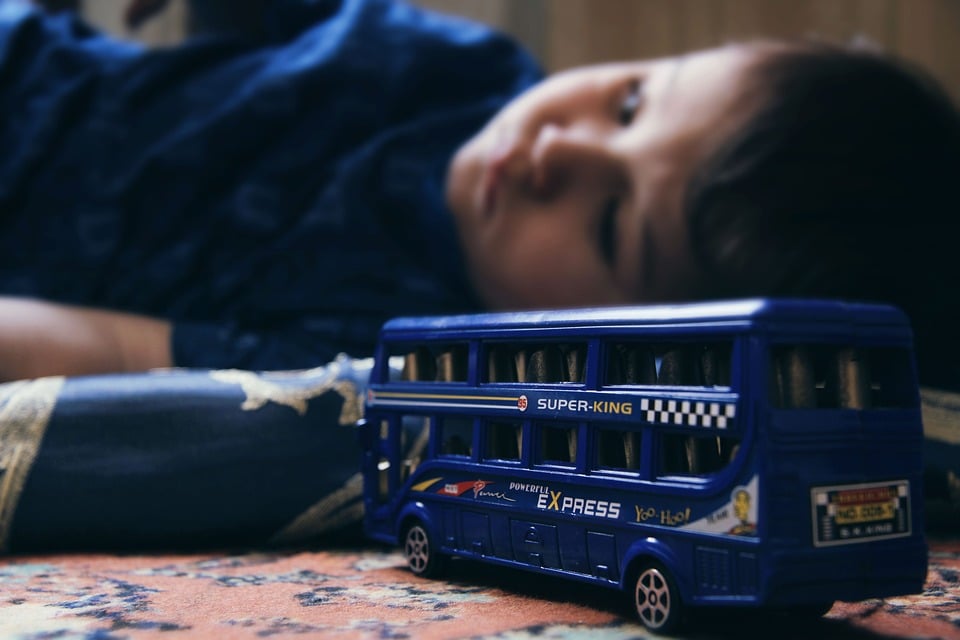Stuart Jacob, Director of Falkland House School, member of the SCSC, writes in the Edinburgh Evening News on World Autism Awareness Week:
This week marks World Autism Awareness Week, where campaigners will seek to raise further awareness of the condition and improve the lives of those affected by it.
Autism is a lifelong developmental disability that affects how people perceive the world and interact with others. If you are autistic, you are autistic for life; autism is not an illness or disease and cannot be 'cured'. Often people feel being autistic is a fundamental aspect of their identity.
Autism is also much more common than most people think. There are around 700,000 people in the UK living with autism - that's more than one in 100. People from all nationalities and cultural, religious and social backgrounds can be autistic, although it appears to affect more men than women.
The prevalence is currently rising in many countries around the world as we witness a dramatic increase in numbers of children with autism, particularly in the early years. This rise can be explained, in part, by improved public recognition of autism, improved clinical understanding and developments in diagnosis.
Awareness raising, such as through World Autism Awareness Week and the associated events that it generates, are to be welcomed as more and more people gain a better understanding of the condition and how we can support young people with autism.
However, there is much work still to be done. We are concerned, like many, at the level of cutbacks in services supporting those with autism, and while as an organisation we support a presumption to mainstream - that those with additional support needs such as autism be taught in mainstream classes - we have raised our worries over the amount of training and resources dedicated to this.
Teaching in as mainstream class may also not be right for every child, the alternative being to teach such pupils in specialist units within mainstream schools or in dedicated specialist schools such as our own. Ultimately the focus must be on the needs of the child or young person concerned.
So, whether it's a walk or cycle, a cake sale, a quiz or other challenge, use this week to make it a better world for autistic people.



